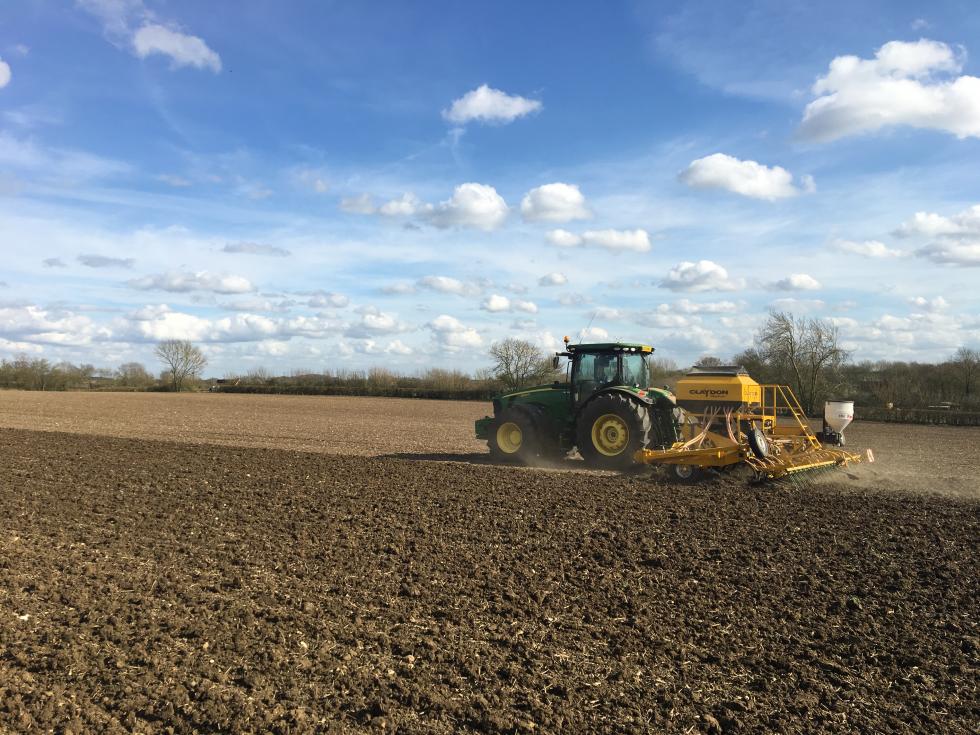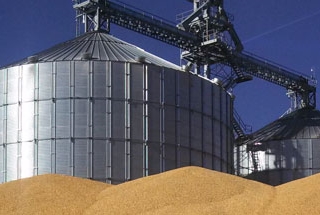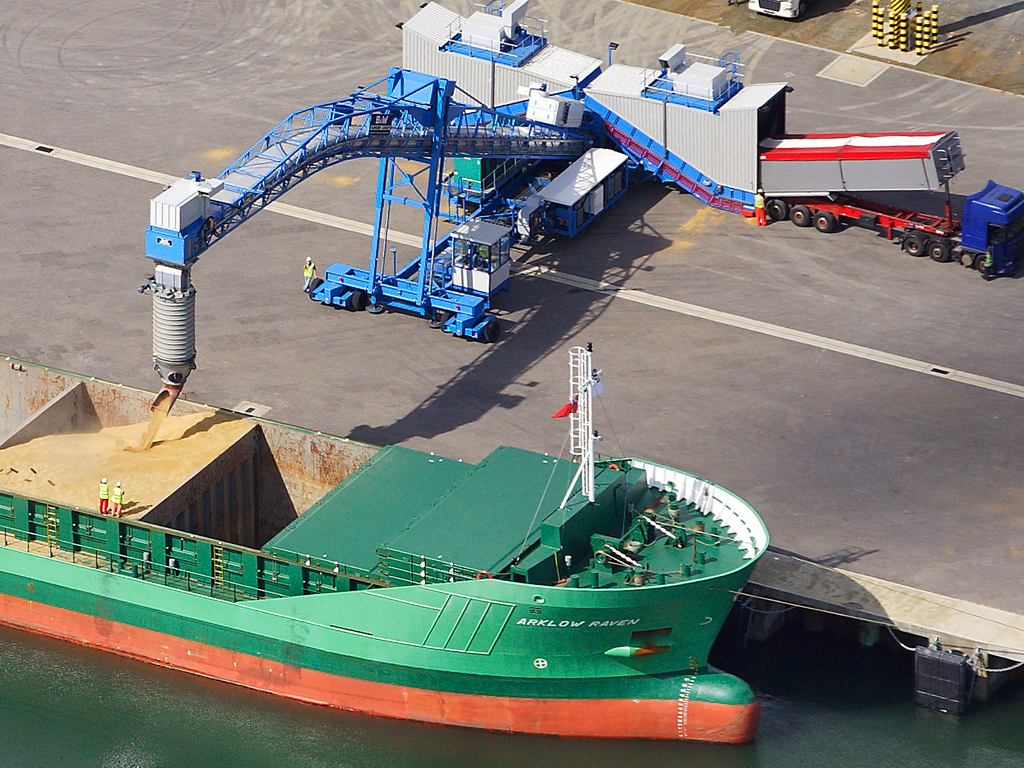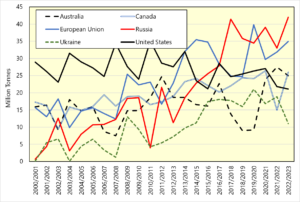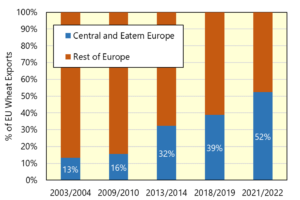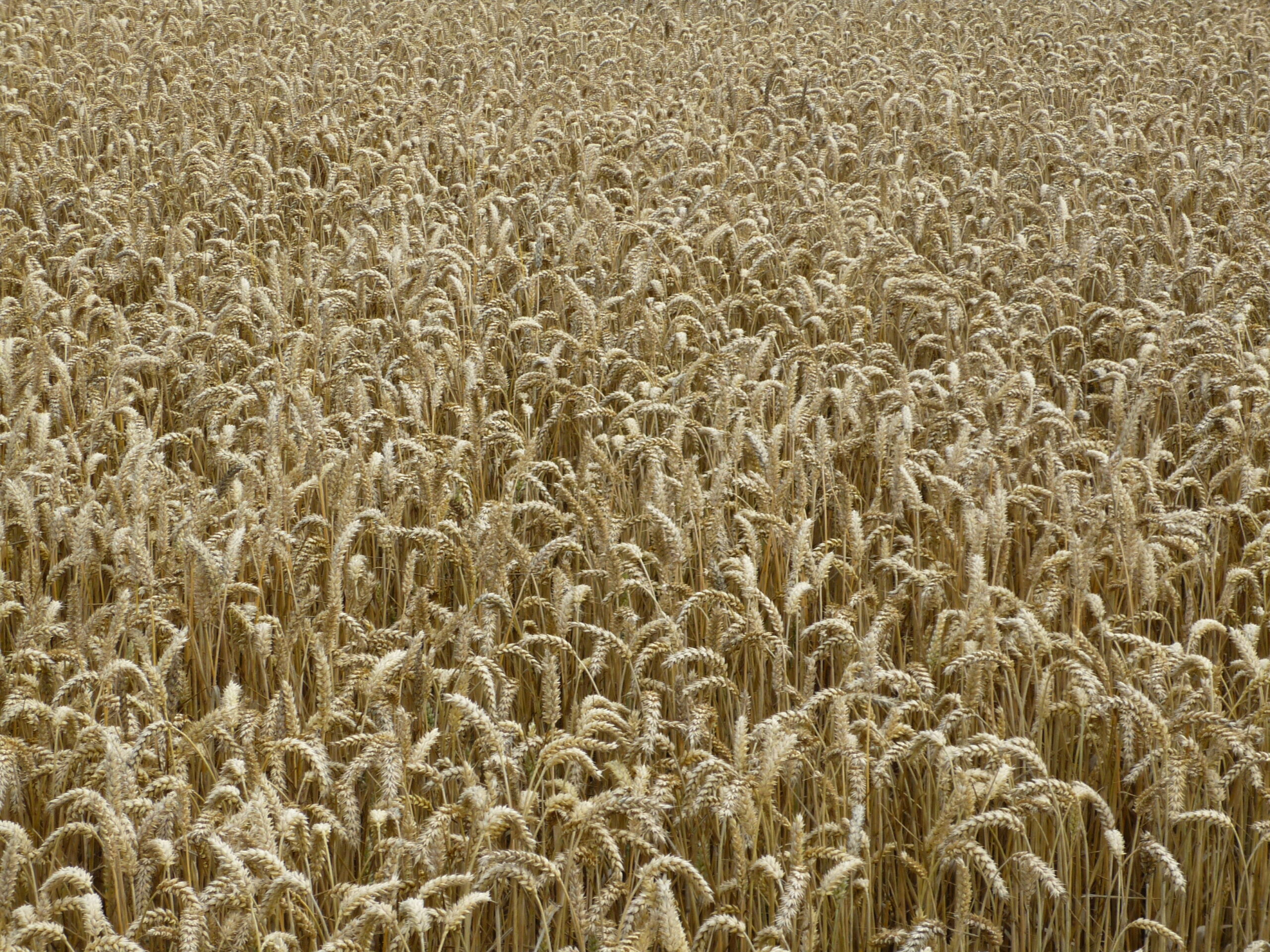Cereal prices in the UK have followed the direction of EU and US markets over the past month. Ex-farm UK feed wheat was quoted at £182 per tonne, on 22nd March 2023; this is a fall of £36 per tonne from the beginning of March. All cereal prices will have recovered some of this lost ground to the end of the week, but remain pressured. The potential for further downside movement will depend on domestic and global crop conditions. That said, if Russian rumours of a minimum price for exporting materialise there may be a new floor in the old crop market.
The milling wheat premium remains strong, in spite of cheaper fertiliser, at £56 per tonne over feed wheat. Whilst fertiliser prices have fallen owing to large domestic and EU stocks, many arable businesses will have bought cover for this season months ago, at much higher pricing. As such, the sharp decline in crop pricing will have a significant negative impact on potential returns for harvest 2023 (as shown by the budget for Loam Farm in the following article).
Feed barley prices continue to decline owing to a lack of demand both domestically and for export. The value of ex-farm feed barley had fallen by £32 per tonne, from the beginning of March to 22nd March, in an attempt to remain export competitive.
Oilseed rape has seen by far the largest declines in price, since the beginning of the year, the value of ex-farm oilseed rape has dropped by £145 per tonne, to £350 per tonne.
Pulse prices have declined to a lesser extent than cereals and oilseed rape. Feed beans and peas were quoted at £220 and £226 per tonne, down £32 and £16 per tonne on the month.
